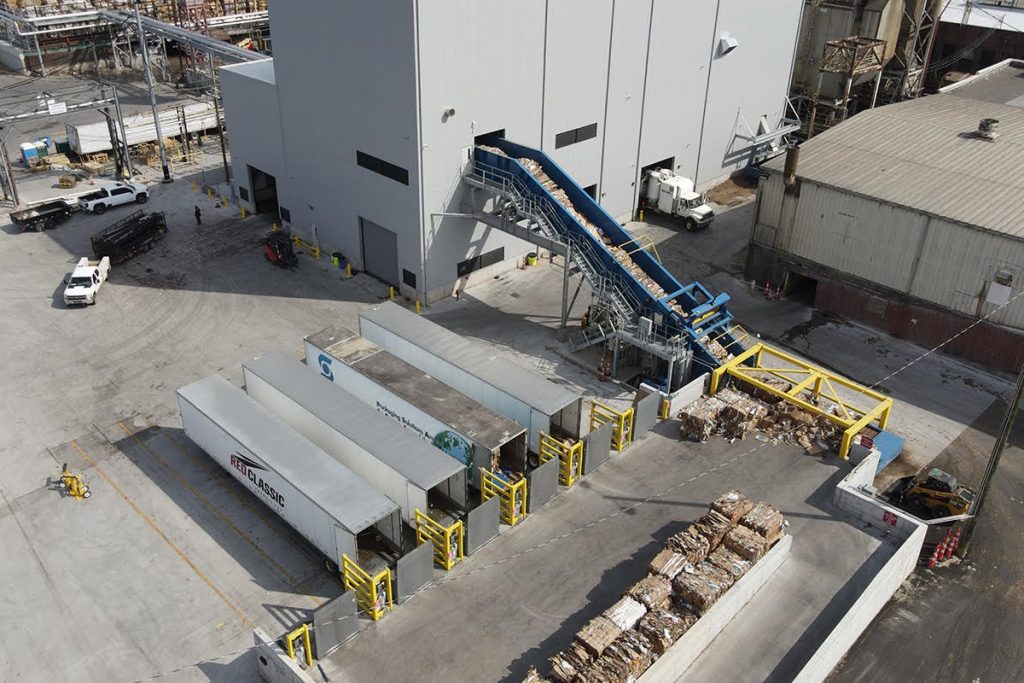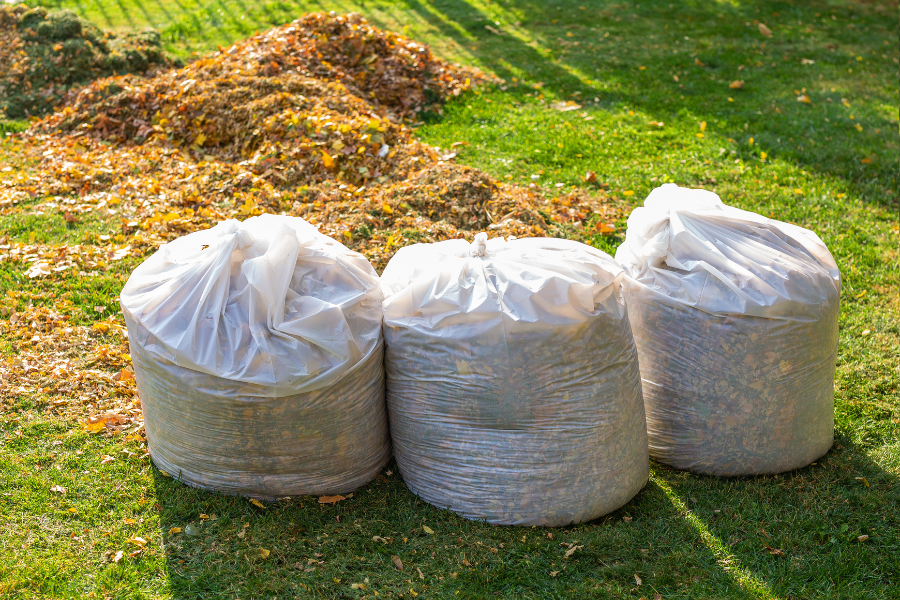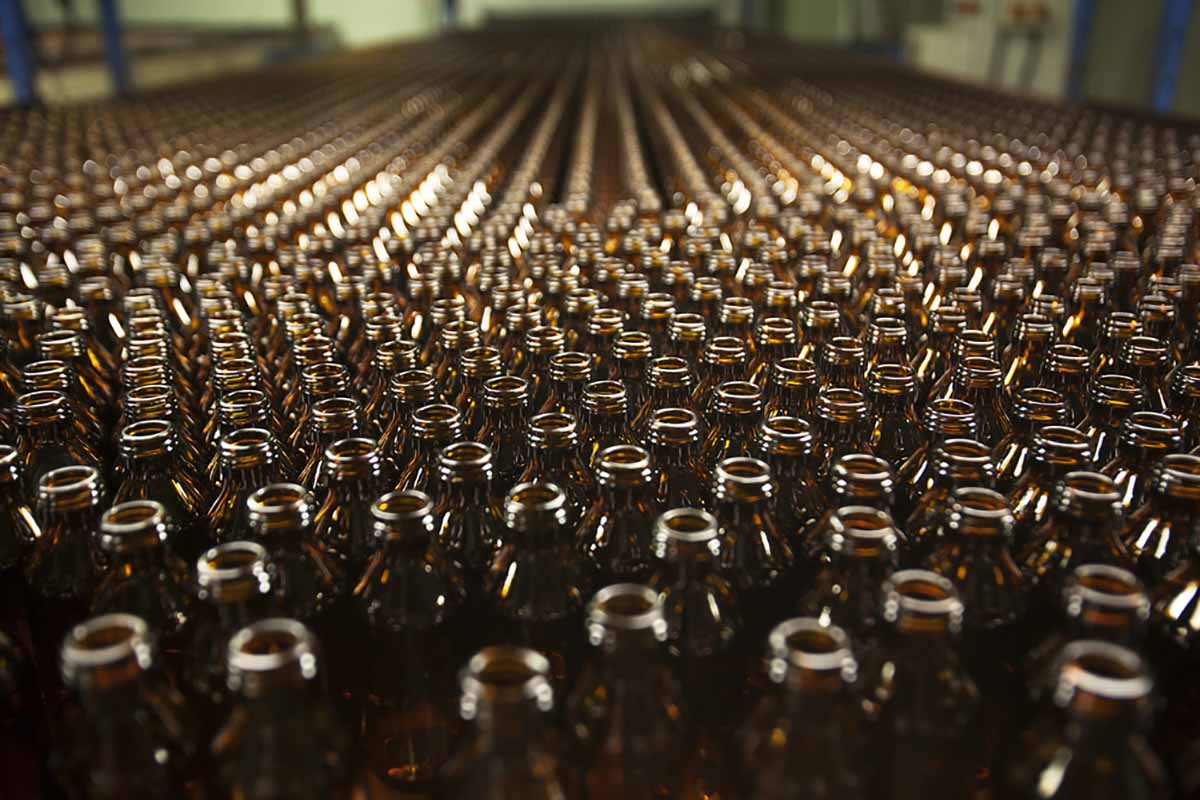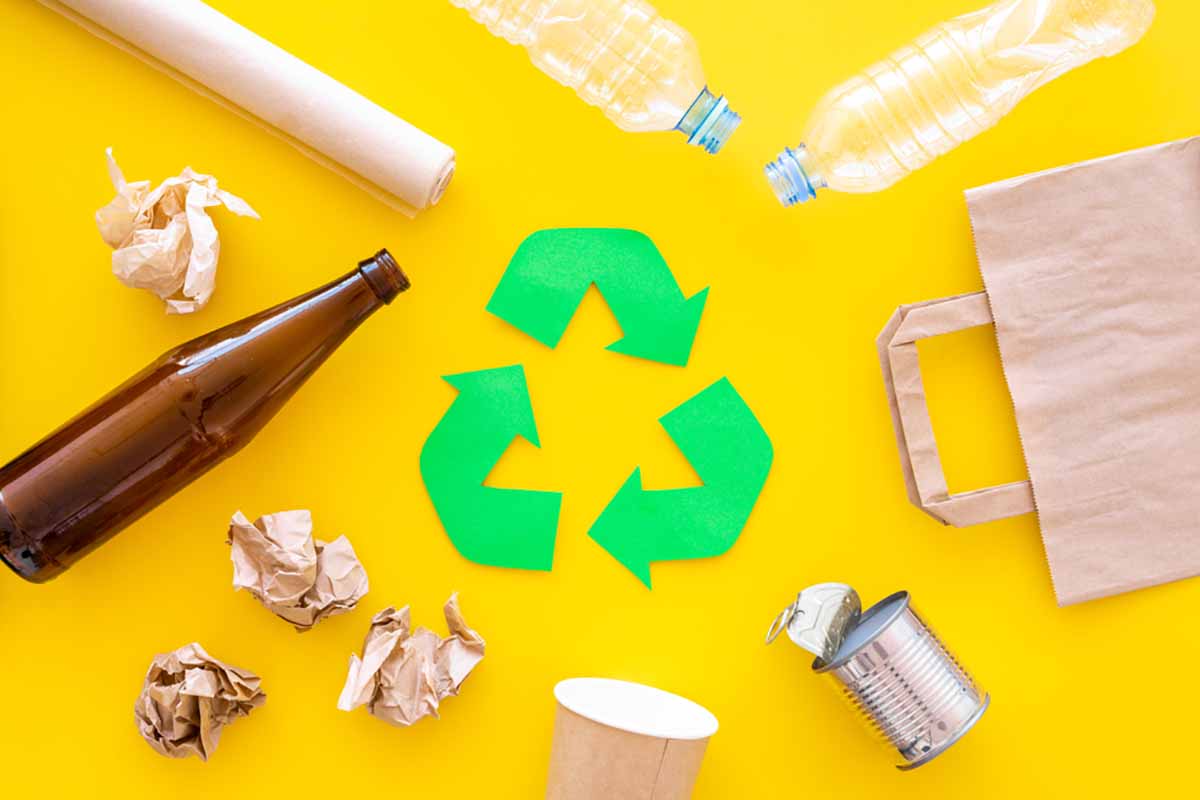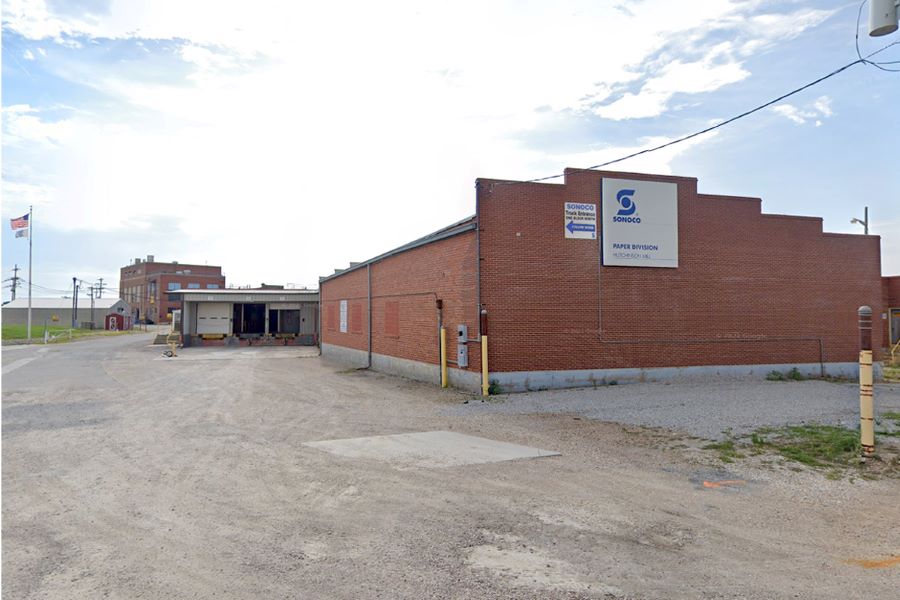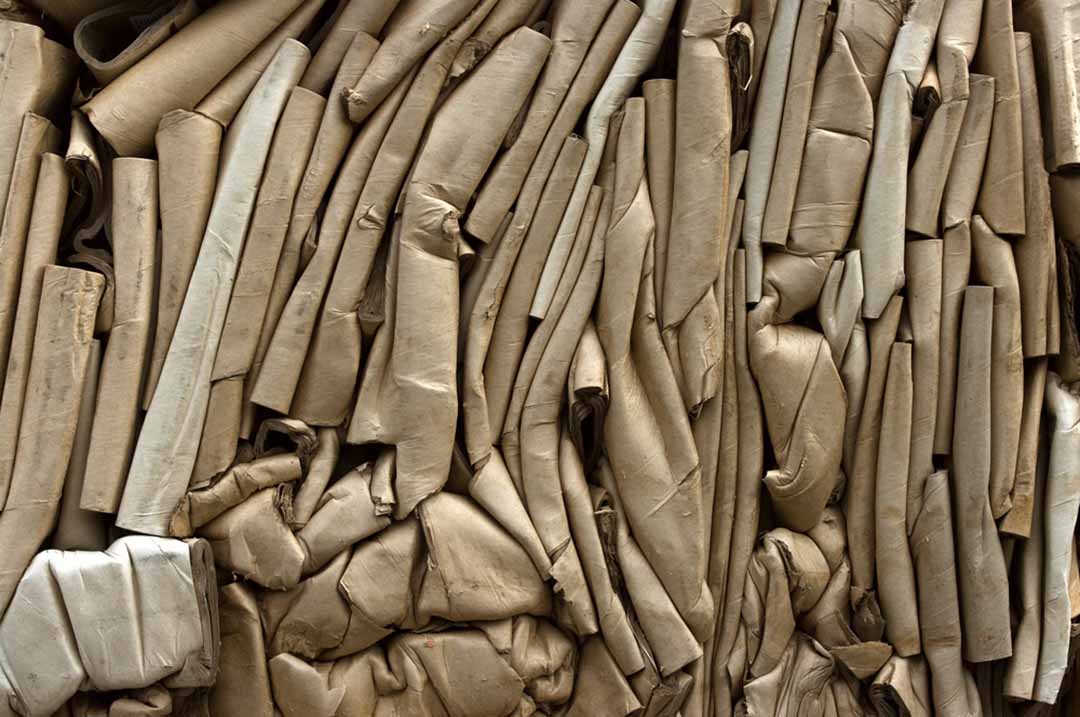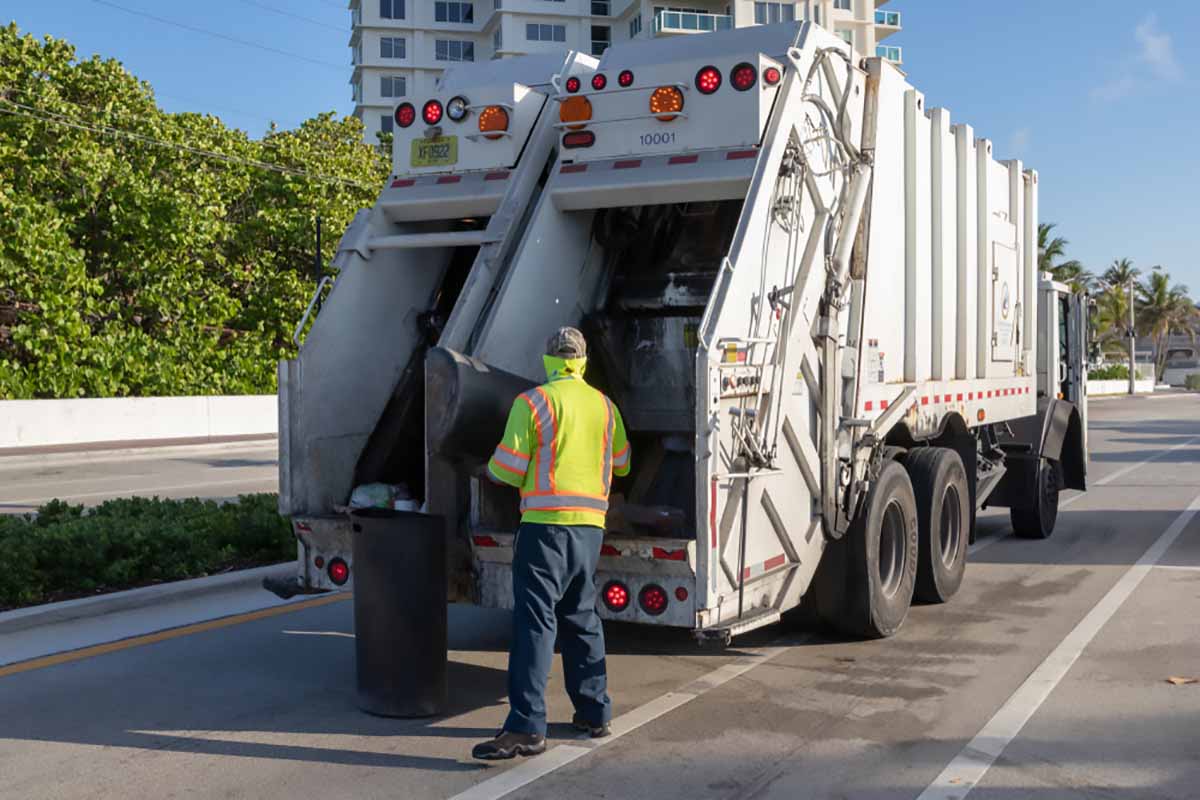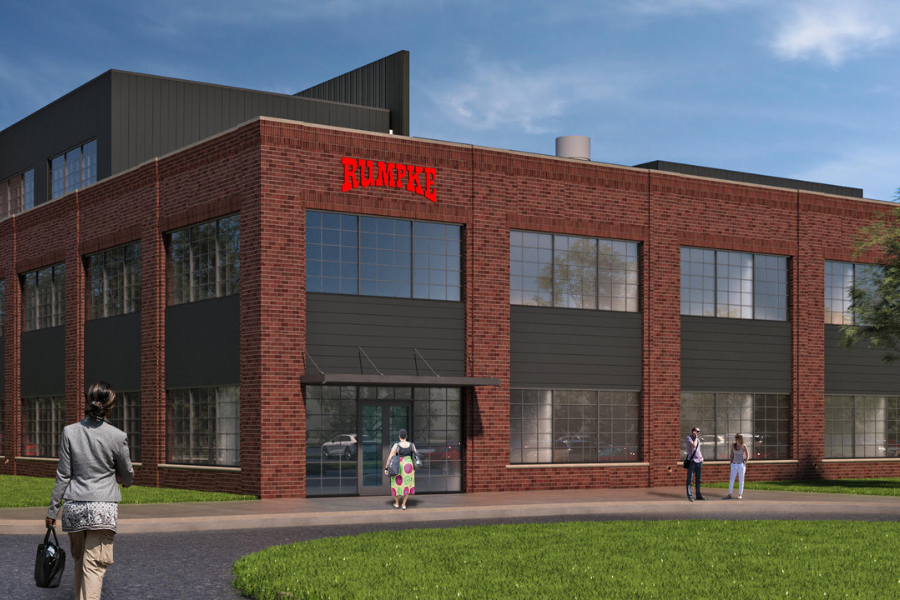
A rendering shows the entrance of the planned Columbus MRF. | Courtesy of Rumpke Waste & Recycling
A sprawling MRF under construction in Central Ohio will provide Rumpke Waste and Recycling with plenty of room to spread out – spread out recyclables on the belt, that is. That strategy can help automated sorting technologies work more effectively.
Continue Reading


